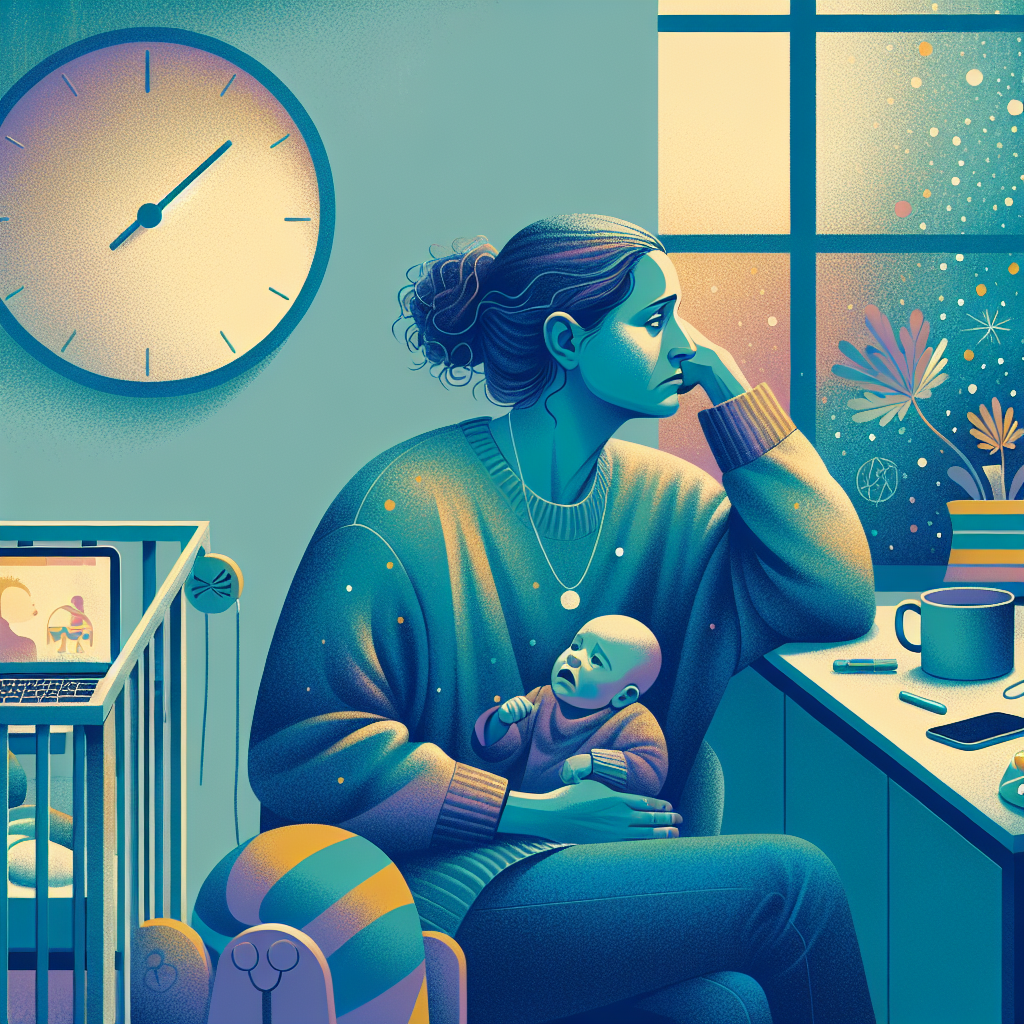Postnatal Depression: Causes, Symptoms and Relief Methods
Postnatal depression is a mood disorder that can affect mothers after the birth of a child. Its impact is profound and can affect both the mental health of the mother and the development of the child. Therefore, it is essential to understand the causes, symptoms and relief methods of this condition in order to provide the necessary support.
Causes of Postnatal Depression
Postnatal depression has no single cause but is often the result of a combination of hormonal, emotional and environmental factors. The high levels of estrogen and progesterone during pregnancy drop sharply after the baby is born, which can lead to emotional instability. Also, dramatic changes in lifestyle and additional responsibilities can contribute to stress, which can trigger depression.
Lack of sleep is another major factor, with newborns requiring care throughout the day and night, leaving mothers exhausted and unable to rest. To these are added the difficulties to adapt to the role of mother, social isolation and lack of support from the partner or family.
Symptoms of Postnatal Depression
Postnatal depression symptoms vary from person to person and may include: - Persistent feelings of sadness, anxiety or emptiness - Loss of interest in activities that were normally enjoyable - Changes in appetite or weight - Sleeping disorders - Fatigue and lack of energy - Feelings of guilt or worthlessness - Difficulty concentrating or making decisions - Dark thoughts, including thoughts of self-harm or harming the child
It is important that any mother experiencing these symptoms seek professional help as soon as possible.
Symptom Relief Methods
Fortunately, there are several ways to ease the symptoms of postpartum depression. Here are some methods that have proven effective:
-
Therapy and Counseling Therapy with a psychologist or counseling can help process feelings and develop strategies to cope with negative feelings.
-
Medication In severe cases, antidepressant drugs may be prescribed by a doctor. They can help balance brain chemistry and improve mood.
-
Support Groups Joining other mothers who are going through similar experiences can provide comfort and understanding.
-
Personal care It is important for mothers to take care of themselves through a healthy diet, regular exercise and enough sleep.
-
Practical help In some cases, helping with childcare or household chores can reduce the burden and stress.
Conclusion
Postnatal depression is a serious condition, but with prompt recognition and appropriate treatment, mothers can find relief and continue to enjoy motherhood and their relationship with their baby. Whether you are a mother struggling with this condition or know someone who is, don't hesitate to seek help. Visit our special section of the store for more resources and support or sign up to our newsletter for the latest news and advice on motherhood and parenting.














































































































































